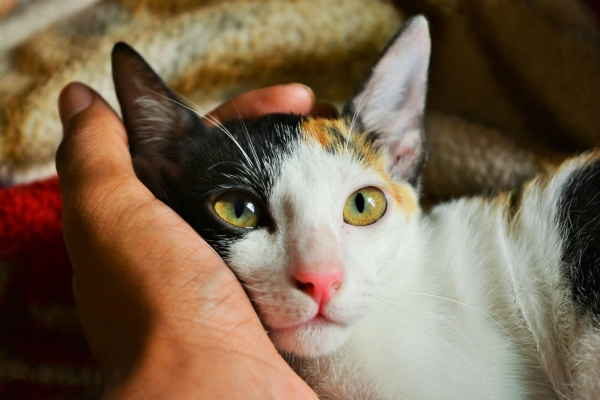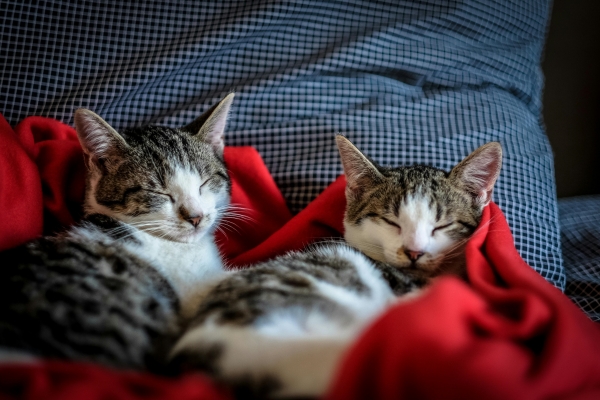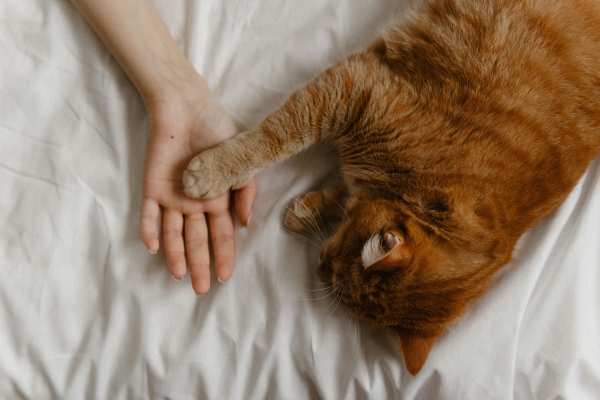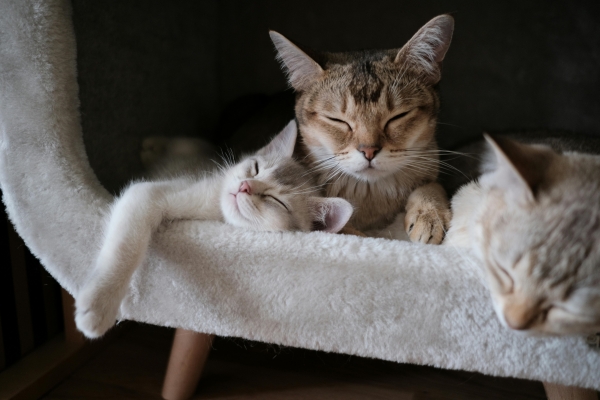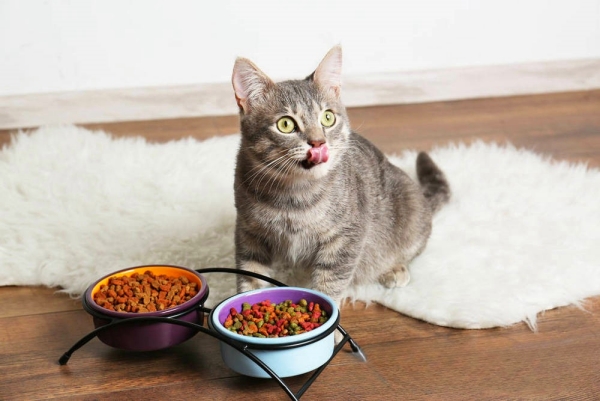6 Tips for Taking Care of Senior Cats
With good care and a bit of luck, our cats can live into their teens and even twenties. However, as cats age, their physical and behavioral needs change. While these changes are noticeable when your kitten grows into an adult cat, the transition from adulthood to senior status—starting around age 11—can be harder to detect. Here are six of the best ways to care for senior cats:
1. Pay Special Attention to Your Senior Cat’s Diet
Senior cats have unique dietary and behavioral needs. Keeping your cat at a healthy weight is more important than ever to maintain optimal health. Discuss with your vet when and how to transition your cat to senior cat food. Your vet will help you assess the best weight for your cat and can recommend a senior cat food suitable for maintenance, weight loss, or weight gain. Improving digestion can be achieved by offering small meals throughout the day. Measure your cat’s daily food and divide it into small portions. You can use hunting feeders like the Doc & Phoebe’s Indoor Hunting Feeder Kit and interactive toys to promote physical and mental engagement during meals.
2. Increase Your Cat’s Water Intake
As cats age, they are more prone to constipation and kidney disease, especially if their water intake is insufficient. Increase your senior cat’s water intake by providing canned food and more water options. As they age, they may not be able to jump onto counters or use their usual water bowls. Add more water stations around the house with plenty of bowls and/or pet fountains to encourage your senior cat to drink more water.
3. Recognize and Monitor Subtle Signs of Pain
Cats are masters at hiding pain. Although up to 90% of senior cats show signs of arthritis on X-rays, most of us are unaware. The most important measure to prevent arthritis-related pain is maintaining your cat’s healthy weight. Extra pounds can significantly increase joint pain. Your vet can help you develop a long-term plan to manage your cat’s pain through medications, supplements, and alternative therapies such as acupuncture, physical therapy, and laser treatment.
4. Do Not Neglect Your Cat’s Oral Health
Dental disease is common in senior cats. Cats may develop painful cavities, broken teeth, gum disease, and oral tumors that affect their quality of life. Infections in the mouth can enter the bloodstream and gradually affect the liver, kidneys, and heart. Therefore, paying attention to your cat’s oral health is crucial in their senior years. Usually, dental disease does not have obvious signs. Cat owners might attribute weight loss and poor coat condition to aging rather than underlying problems. Thorough veterinary exams and regular dental care can greatly improve your cat’s quality of life and even extend their lifespan.
5. Provide Daily Exercise and Mental Stimulation
Environmental enrichment is crucial for a cat’s quality of life. All cats need places to climb, hide, scratch, and ways to hunt and play. These help keep your cat physically and mentally active and healthy. However, as cats age, providing these may require some extra considerations. Your cat’s activity levels may decrease, so you need to make your home easier to navigate to reduce the strain on their aging joints. For example, a carpet-covered cat ramp can serve as a scratching post and help an arthritic cat climb. A covered cat bed can provide a warm, cozy hideaway for a senior cat, alleviating joint and muscle pain. You can move their food and water bowls to the floor for easier access rather than placing them on tables or countertops.
6. Do Not Skip Semi-Annual Vet Visits
Lastly, maintaining a good relationship with your vet is crucial when discussing your cat’s care and quality of life in their senior years. Ideally, cats over 11 years old should visit the vet every six months. Blood tests during these visits can detect early signs of health issues—such as kidney disease—when there is still time to make medical changes to improve and extend your cat’s life. Weighing them twice a year can show trends in weight gain or loss, which are valuable clues to overall health changes. Oral exams can also catch dental diseases before they negatively impact your cat’s health.
By following these six tips, you can better care for your senior cat, ensuring they enjoy a healthy and happy life in their golden years.

